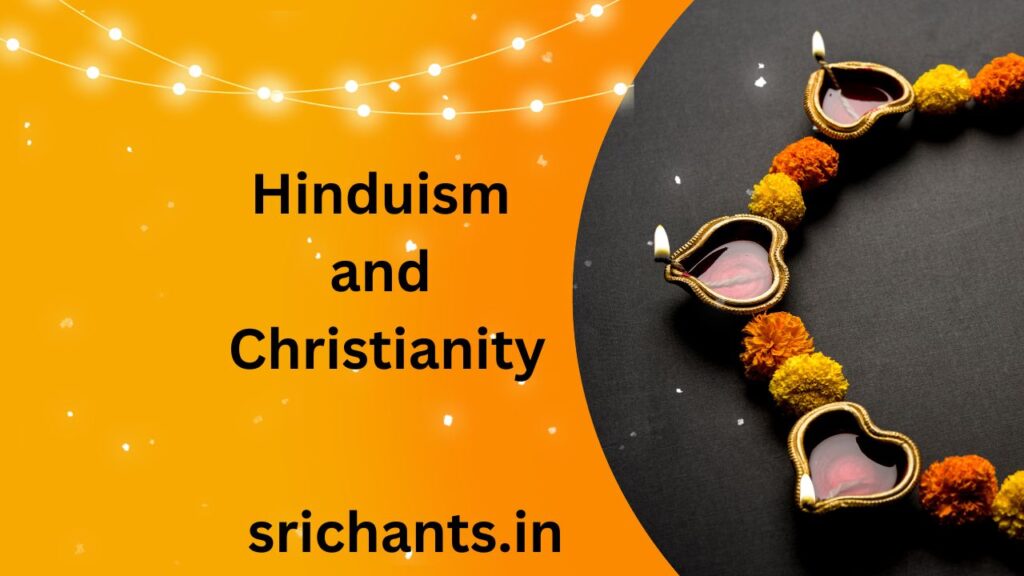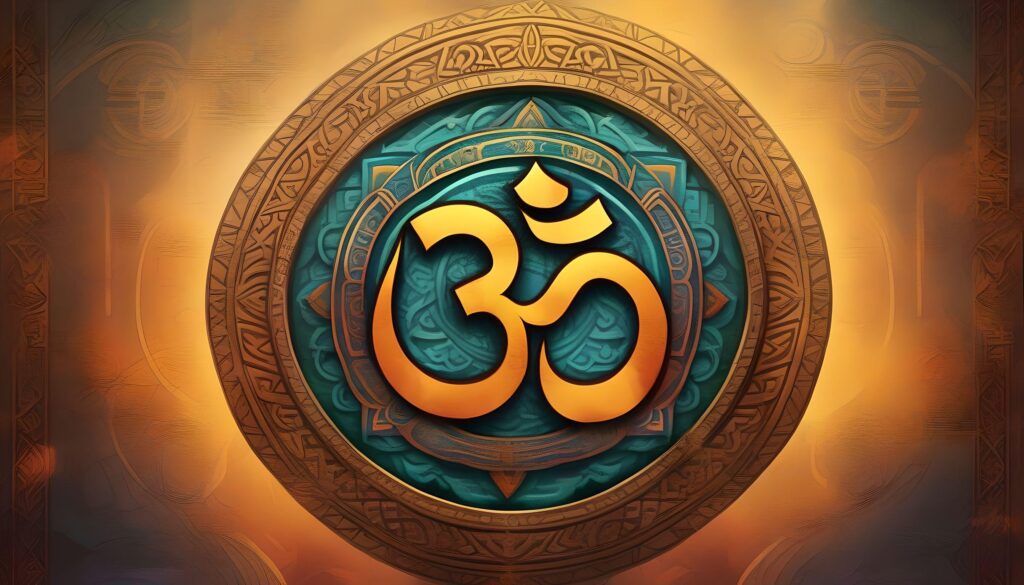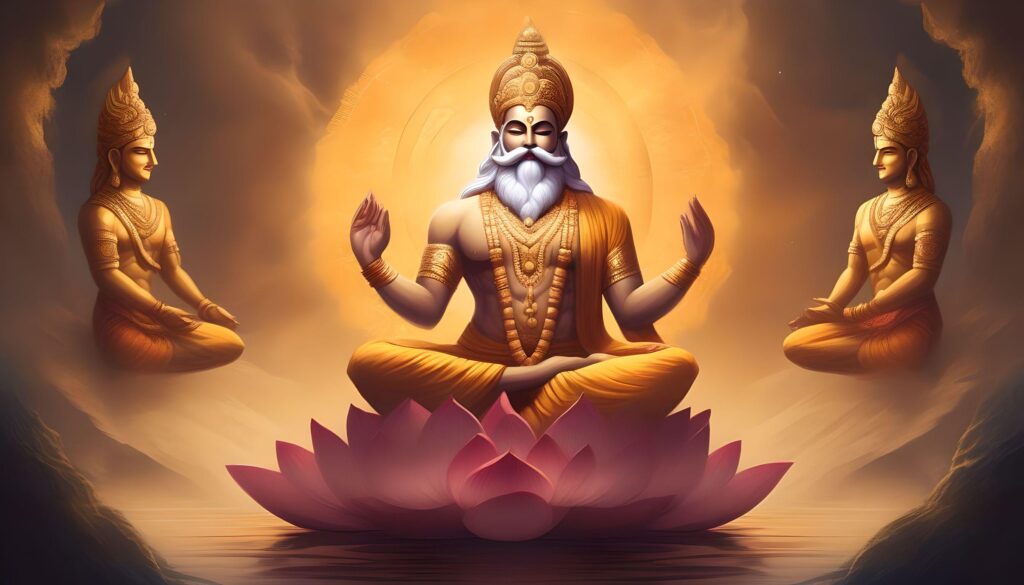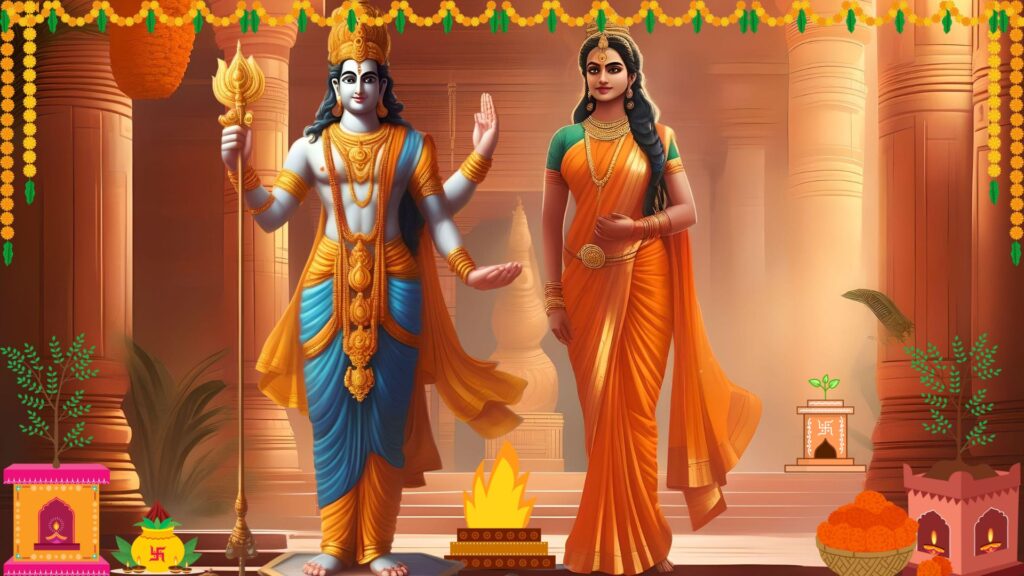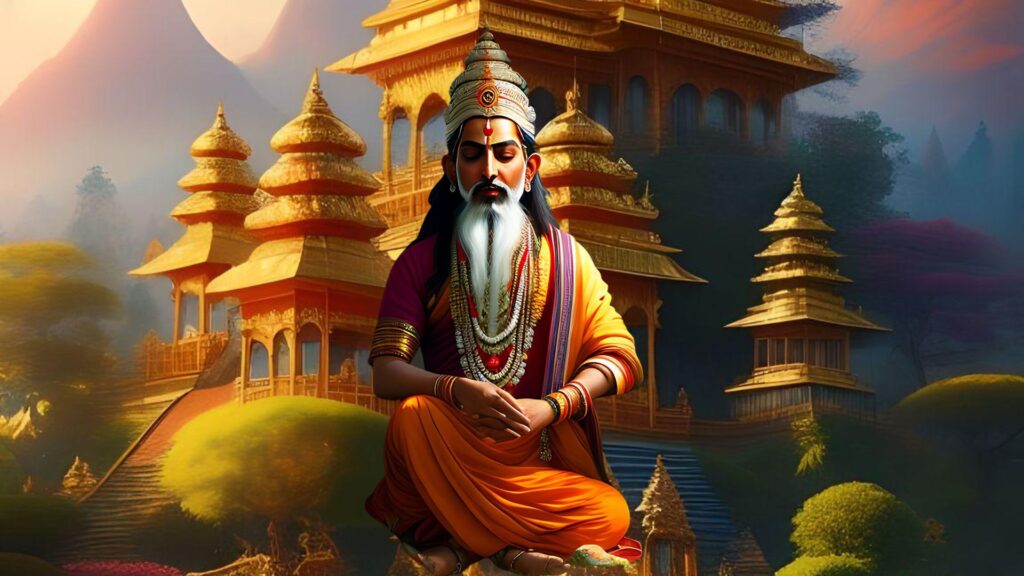Hinduism and Christianity : Interfaith Dialogue
India, formally referred to as Bharat or Hindusthan, is a multifaceted and diverse nation. Indian culture is heavily influenced by Hinduism; however, the nation has also exhibited an exceptional degree of religious tolerance and acceptance. Particularly ancient in India is the Christian faith, which dates back to at least the third century. Throughout history, religious communities in India have experienced conflicts; however, numerous religions and religious movements have flourished and developed, frequently coexisting and enhancing one another’s spiritual journeys.
This article shall examine the complex interplay between Christianity and Hinduism in India, with an emphasis on interfaith dialogue and mutual comprehension. The challenges and opportunities that Christians may encounter when attempting to engage with Hinduism, the historical context of Christian-Hindu relations, and the evolution of Christian attitudes toward Hinduism will be investigated. Furthermore, we shall explore the importance of casual discourse in cultivating reciprocal comprehension and regard between the two religious traditions.
The Cultural and Religious Landscape of India
India is renowned for its extraordinarily diverse cultural and religious milieu, encompassing a multitude of linguistic and ethnic communities. Evangelism in India has historically posed formidable obstacles on account of the nation’s immense diversity. In contrast, India has undergone a subtle yet undeniable transformation in recent decades. Globalization and the implementation of an open market economy have each contributed to positive and negative transformations. India has emerged as a major global power due to its expanding educated population and rising literacy rates. Having surpassed one billion inhabitants, India presently possesses one of the most youthful populations globally. The implications of these modifications for Christian mission in India are substantial.
A notable transformation occurs during the shift from a foreign mission to an indigenous one. In the post-independence era, the departure of foreign missionaries made it possible for the Indian church to assume a more active role in missionary endeavors. The emergence of indigenous missionary movements has resulted in progress among segments of Indian society that were previously resistant. Nevertheless, the expansion of Christianity in India is confronted with a challenge posed by the rise of Hindu fundamentalism. Fundamentalist groups have persecuted and opposed Christian communities, resulting in limitations on conversion and the publication of anti-Christian literature.
Historical Reactions, Opposition, and Misperceptions of Christianity
Christianity has consistently encountered resistance and misunderstandings in India over the course of its existence. The notion that Christianity was introduced to India by Western missionaries and traders is a frequent objection. Christianity is regarded negatively due to this perception, which associates it with imperialism and foreign control. Hindu society has frequently been polarized by conversions to Christianity, particularly in northern and central India, which has contributed to the perception that Christianity threatens national integrity.
Conversion in Hindu society is an inherently complex matter. Hindus maintain the stance that radical alterations to religious convictions are unattainable, thereby rendering conversion superfluous. Hinduism is recognized as a pluralistic faith that condones the limited perception of the Ultimate Reality that occurs within the realm of human experience. Claims of absolute truth and exclusivity are considered spiritual hubris by Hindus. Furthermore, because it requires severing ties with one’s family, caste, and society, conversion is considered defiling. Aversions and objections to conversion play a significant role in shaping Hindu perspectives on Christianity.
Christian Attitudes toward Hinduism
Over time, Christian perspectives on Hinduism have evolved. Early Protestant missionaries regarded Hinduism as a faith that required conversion, adopting an evangelical perspective. Frequent criticism was directed towards Hindu beliefs and practices, with an emphasis on their negative attributes. In contrast, a change in perspective emerged during the late 19th and early 20th centuries. Hinduism was introduced to the West from a more favorable perspective in part due to the rise of Indologists and the impact of Swami Vivekananda.
Over time, evangelical missionaries came to acknowledge the imperative of developing a more nuanced comprehension of Hindu culture, religion, and practices. They initiated interfaith dialogue and recognized the veracity of certain aspects of Hinduism and other faiths. The aforementioned change in perspective was additionally strengthened by the 1910 World Missionary Conference in Edinburgh, which underscored the imperative of revising the conventional missionary methodology concerning Hinduism. Nevertheless, it is critical to acknowledge that there continue to be a variety of Christian perspectives regarding Hinduism, including evangelical viewpoints as well as more inclusive and dialogue-oriented approaches.
Informal Dialogue: Building Bridges between Hinduism and Christianity
In India, the promotion of mutual respect and understanding between Hindus and Christians is significantly aided by informal dialogue. Informal dialogue occurs in the course of people of various faiths engaging in daily life, whereas formal dialogue typically occurs at the institutional level. Despite being an inherent aspect of life for a significant portion of the Indian population, this phenomenon has regrettably been overlooked by theologians and church leaders.
The impact that casual conversation can have on the lives and witness of Christians in India is substantial. It facilitates candid discussions regarding fundamental matters of belief and ritual, thereby aiding in the eradication of misconceptions and misunderstandings. Religious affiliations and personal experiences can be exchanged between Hindus and Christians in a constructive manner, fostering non-confrontational dialogue. This form of discourse assumes particular significance within the framework of the emergence of Hindu fundamentalism, since it affords Christians the chance to engage in empathetic exchanges with adherents of other religions.
To facilitate productive informal discourse, it is imperative that Christians residing in India are adequately informed, outfitted, and mobilized. They should be encouraged to not only confidently share their own faith but also to observe, learn, and comprehend the viewpoints of Hindus. An environment conducive to mutual enrichment can be established through informal dialogue, which can facilitate a more constructive and respectful expression of Christian witness.
Conclusion
In India, Hinduism and Christianity have a multifaceted and intricate relationship. When it comes to interacting with Hinduism, Christians in India encounter both obstacles and prospects, especially when considering Hindu fundamentalism. Gaining insight into the historical resistance, skepticism, and misconceptions surrounding Christianity facilitates the process of engaging in meaningful interfaith discussions.
The efficacy of informal dialogue in fostering reconciliation between adherents of Hinduism and Christianity becomes evident. It facilitates an opportunity for candid dialogues, reciprocal comprehension, and regard. In India, Christians have the capacity to foster a more harmonious and constructive coexistence with adherents of other faiths through the implementation of informal dialogue.
In the ongoing Christian mission in India, it is imperative to adopt an interfaith dialogue characterized by sincerity, sensitivity, and a sincere aspiration to gain knowledge from the profound teachings of Hinduism. The cultivation of an atmosphere that promotes dialogue and comprehension can enable Christians to make a valuable contribution towards a religious landscape in India that is more inclusive and dynamic.
